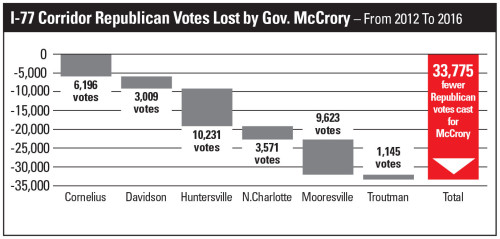Conservative and pro-business groups warn that the Obama administration may pursue legal action to enforce some of its thousands of new “job-crushing” regulations before President-elect Donald Trump is sworn into office.
Regulations promulgated in “the waning days” of President Barack Obama’s lame-duck administration could constrain the new Trump administration, the coalition of groups warned Vice President-elect Mike Pence in a
letter dated Dec. 28.
“Because of this concern, Congress enacted the Congressional Review Act, which provides Congress procedural tools to disapprove expeditiously these last-ditch midnight regulations,” the letter says.
The
Congressional Review Act could address regulations put in place by the Obama administration since June 3. However, the law can’t prevent so-called “midnight litigation” launched by the executive branch to enforce those regulations.
Dear reader:
With today’s liberal media influence, there are few publications that Americans can rely on to learn the “other” side of the issues.
The Daily Signal is a dedicated team of more than 100 journalists and policy experts solely funded by the financial support of the general public.
- We are a non-profit organization
- We serve more than 2 million readers a month
- We do not accept government funds
- We do not run any advertising
Please donate by December 31 to ensure we can continue to provide The Daily Signal for free. Your support is needed now more than ever.
 Time Left Until December 31st
Time Left Until December 31st
If you rely on The Daily Signal for news and analysis on key issues, please make a tax-deductible contribution by the end of the year. Thank you.
The Obama administration issued 3,852 new federal regulations during 2016, according to a new analysis by the Competitive Enterprise Institute, first reported Friday by the
Washington Examiner.
The letter from conservative activists and business leaders says:
It has come to our attention that a number of departments and independent agencies are working furiously behind closed doors to bring significant, legally tenuous litigation against American business interests before Jan. 20, 2017. Doing so will saddle the Trump administration with having to litigate cases based on job-crushing liberal legal theories.
Inauguration Day, when Trump is sworn in as president, is Jan. 20.
Signers of the letter include Grover Norquist, president of Americans for Tax Reform; Ken Blackwell, chairman of Constitution Congress; and Clyde Wayne Crews, vice president for policy at Competitive Enterprise Institute.
The signatories represent 29 organizations, including Frontiers of Freedom, the Heartland Institute, and Liberty Counsel.
The letter warns Pence, a former congressman and governor of Indiana who is well-liked by conservatives, that the new administration should review any litigation to enforce the recent regulations.
“Should the Obama administration bring nonroutine, last minute, legally unorthodox midnight litigation, your administration should not hesitate to withdraw immediately from that litigation,” the letter to Pence states.
Such last-minute litigation could hurt job growth, the letter says.
John R. Smith, the chairman of BIZPAC, the Business Political Action Committee of Palm Beach County, wrote in an op-ed for
BizPac Review:
The lame-duck Obama administration has launched a mad scramble to throw up as many hurdles, and to plant as many last-minute landmines as possible against the new American president. In his final days of office, Barack Obama has initiated a major flurry of new executive orders, directives, and regulations, thousands of them, that he is piling into the federal books.
Frontiers of Freedom, a nonprofit educational organization dedicated to promoting traditional American values, circulated the letter.
“Everything should be suspect,” George Landrith, president of Frontiers of Freedom,
told The Daily Caller News Foundation, referring to the Obama administration’s final gush of regulations.




Dear reader:
Time Left Until December 31st